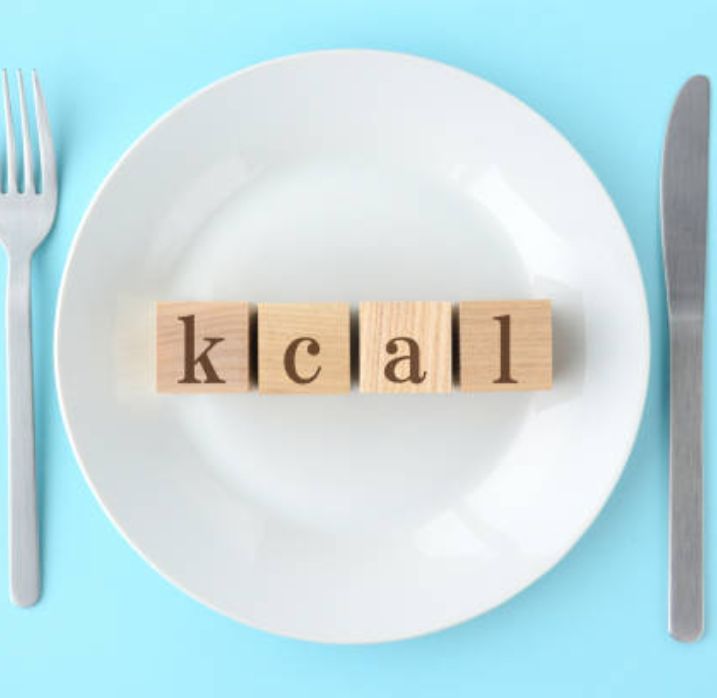DIET PLAN
The Post Bariatric Surgery Meal Plan
Your guide to the post-bariatric diet.
General Inquiry
HAVE A QUESTION?
Any inquiries that were not answered in the information provided should be submitted with our form.

How to Establish Your Bariatric Diet Plan
Bariatric surgery isn’t a magical fix for obesity; it is just one tool in the toolbox. To see dramatic results after surgery, you need to support your procedure with regular exercise and a healthy diet.
This post-bariatric diet isn’t like those you’ve tried in the past. It isn’t a passing fad or about eliminating a certain food group—it’s a lifestyle change. Combined with surgery, it will help you shed pounds, manage co-morbidities, and overall feel better.
Changing what you eat sounds simple on the surface, but by the time you get bariatric surgery, you’ve spent a lifetime falling back into bad eating habits. The bariatric diet plan is about preventing that and keeping you on the correct path, all while preventing excess pressure on your healing stomach.
Luckily, you aren’t alone. Your bariatric surgeon and weight loss team will be there to support you throughout your journey. From tailoring general diets to meet your needs and preferences to offering tips on avoiding the temptation to binge, the experts will assist you in navigating your new life.
Ready to learn more about the bariatric diet plan? Let’s get started.
Essential Guidelines for the Bariatric Plate
The rules for your diet are tailored to your unique needs but will likely include some of the following:
- Plan meals ahead of time to prevent overeating.
- Bring your entire family into the planning process.
- Cull your pantry to eliminated tempting junk foods.
- Build your meals around lean sources of protein.
- Fill out your plate with nutrient-dense fruits and vegetables.
- Reduce your consumption of carbohydrates.
- Cook at home as often as possible.
- Avoid greasy and fatty foods.
- Take your recommended vitamins and supplements.
- Make water your primary beverage.
- Separate meals and drinks with at least a 30-minute window.
- Keep your portions small; your entire plate of food should be smaller than your fist.
- Eat your meal slowly, over the course of about 30 minutes.
- Chew your food carefully; if not chewed properly, it can create a blockage and cause vomiting.

Struggling with weight and health issues?
Take a step toward a healthier life right now by contacting The West Texas Bariatrics today.
What Might Your Gastric Bypass Diet Plan Look Like?
Post-Surgery
- 8:00 AM 1-2 oz water
- 9:00 AM 1-2 oz of water
- 10:00 AM 1-2 oz water
- 11:00 AM 1-2 oz water
- 12:00 PM 1-2 oz fat-free milk
- 1:00 PM 1-2 oz water
- 2:00 PM 1-2 oz water
- 3:00 PM 1-2 oz sugar-free gelatin
- 4:00 PM 1-2 oz water
- 5:00 PM 1-2 oz water
- 6:00 PM 1-2 oz vegetable broth
- 7:00 PM 1-2 oz water
- 8:00 PM 1-2 oz water
After Healing
- 8:00 AM Two boiled eggs, one slice of lightly buttered whole-wheat toast
- 9:00 AM 8 oz of water
- 10:00 AM Protein shake
- 11:00 AM One cup low fat yogurt or 8 oz skim milk
- 12:00 PM 8 oz water
- 1:00 PM 2 oz chicken breast plus a half cup of steamed veggies
- 2:00 PM 8 oz water
- 3:00 PM 8 oz of vegetable soup
- 4:00 PM 8 oz skim milk
- 5:00 PM 8 oz water
- 6:00 PM 2 oz of salmon plus three red potatoes, boiled and smashed
- 7:00 PM 8 oz skim milk
- 8:00 PM 8 oz water
Start Your Body Changing With West Texas Bariatrics
This time is created for you to bring any questions you have for our physician to answer.
Sign Up for Our Free Seminar Covering the Post-Bariatric Diet
ENROLL IN OUR FREE BARIATRIC MEAL PLAN SEMINAR
Our free bariatric meal plan seminar answers your most pressing questions and sets you up to navigate your post-surgery world successfully. We provide sample meals, clear guidance, and email you a bariatric meal planner template for you to use each week.
OUR SERVICES
Procedures Offered
FAQ
Frequently Asked Questions About The Post-Bariatric Diet
This will vary from patient to patient, and it also changes depending on how far out from surgery you are. For most patients, once they are out of the liquid phase of their post-bariatric diet, they will need to keep their daily intake between 1,000 and 1,200 calories.
Not all patients are the same. Some may lose as little as five pounds, while others will lose 25 or more. On average, most patients will lose between 10 and 15 pounds while on their pre-op diet. Keep in mind that this rapid weight loss is not sustainable and even if you like the results, you cannot rely on a pre-op diet long term.
Directly after surgery, you will be restricted to thin liquids. Once cleared, you can start adding in thicker liquids. For most patients, after two weeks, bland pureed foods can be eaten. Protein shakes are also consumed at this time. After about four weeks, patients can move on to soft but solid foods. Two months out from surgery, normal foods can be eaten so long as the patient chews them well.
After surgery, we suggest eliminating the following from your diet:
- Anything with empty calories
- Alcohol
- Simple carbohydrates
- Fibrous fruits and vegetables
- Fatty foods
- Tough meats
IS THIS SURGERY FOR YOU?

AM I A CANDIDATE?
If you are uncertain if you qualify for bariatric surgery, check our qualifications here.




























